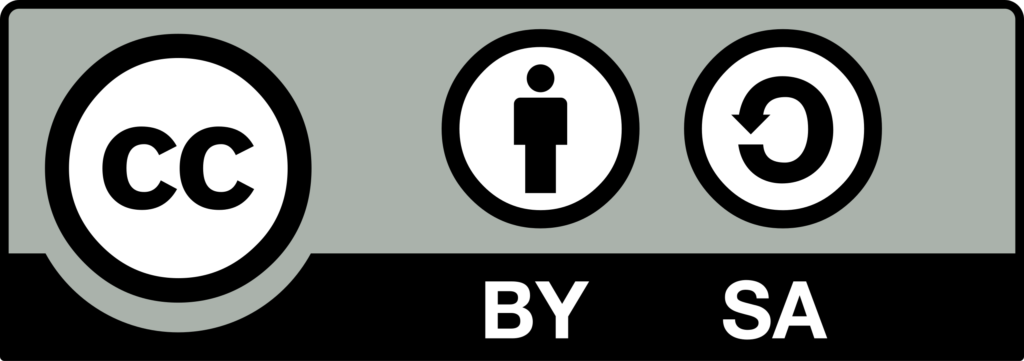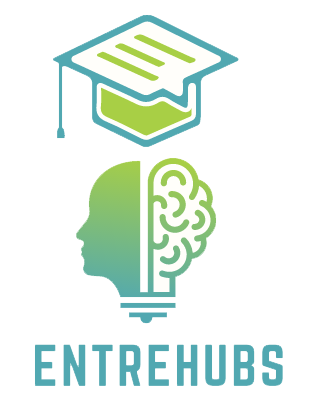You can also download the document from HERE.
1. Assignment: Reflection on what you know about Business
In this assignment there are total two tasks 1) (Quiz) & 2). Both have to be answered.
1) Task- Quiz: First some Self-knowledge Warm Up -> What Kind of Ethicist Are You?
Welcome to the Ethics Category Quiz! This quiz is designed to help you understand which ethical framework aligns most closely with your personal beliefs. Answer each question honestly, and choose the option that best reflects your views. At the end, you’ll find out if you’re a Deontologist, Consequentialist, Virtue Ethicist, or Relativist. Go Step by Step through the questions by answering them and marking you answer (you can use the Word “Draw” Function).
Question 1:
You find a wallet on the ground with a significant amount of money in it. What do you do?
a) Return it to the owner because it’s the right thing to do, regardless of the situation.
b) Return it to the owner because they will be happy and grateful, and it’s beneficial for them.
c) Consider what a virtuous person would do, likely return it because honesty is a virtue.
d) Think about the circumstances and decide based on the context, possibly keep it if you need the money more.
Question 2:
A company offers you a job with a high salary, but the job involves practices you find morally questionable. What do you do?
a) Refuse the job because it violates moral rules or duties you believe in.
b) Accept the job if it allows you to do the most good or achieve the best outcomes overall.
c) Reflect on what a morally exemplary person would do and follow their example.
d) Weigh the pros and cons based on the specific details and make a decision accordingly.
Question 3:
A train is heading towards five people tied on the tracks. You can pull a lever to divert the train to another track where it will hit one person. What do you do?
a) Do not pull the lever because intentionally causing harm is always wrong.
b) Pull the lever because saving five lives is better than saving one.
c) Think about what a person with good moral character would do and act accordingly.
d) Assess the situation in detail and make a decision based on the context.
Question 4:
You have an opportunity to cheat on an important exam. What do you do?
a) Do not cheat because it’s inherently wrong, no matter the consequences.
b) Do not cheat because getting caught would have negative consequences, and honesty promotes better outcomes in the long run.
c) Do not cheat because a virtuous person values integrity and honesty.
d) Consider the circumstances and decide if cheating is justified based on your situation.
Question 5:
A friend asks you to lie for them to cover up something they did wrong. What do you do?
a) Refuse to lie because lying is always wrong.
b) Lie if it results in a better overall outcome, like protecting your friend from severe consequences.
c) Reflect on what an admirable person would do and likely tell the truth because honesty is a virtue.
d) Weigh the situation and decide based on the specific details and the potential outcomes.
What are your most marked answer?
Mostly A’s: Deontologist
You believe in following moral rules and duties. Actions are inherently right or wrong, regardless of the consequences.
Mostly B’s: Consequentialist
You focus on the outcomes of actions. The right action is the one that produces the best overall consequences.
Mostly C’s: Virtue Ethicist
You emphasize moral character and virtues. The right action is the one that a virtuous person would take.
Mostly D’s: Relativist
You believe that the context and specific details of a situation are crucial in determining the right action. Moral decisions depend on the circumstances.
2) Task: What is your current knowledge about Business?
How to answer the questions?
For question 1) to 3) just write down the first thing that comes to your mind when you read each question. You can answer in sentences (500 characters max.) or single words. In both cases you have to mention three aspects for each question.
Example answer for question 1): Main goals of business are to be 1.funny, 2. expanding, 3. curious
Answer the following questions under each question respectively.
1. What are the main goals of business?
2. How can businesses contribute to sustainability?
3. What are the values of business?
After writing down the answer upload your document preferably as pdf. If it is not possible you can upload also the word document also.


